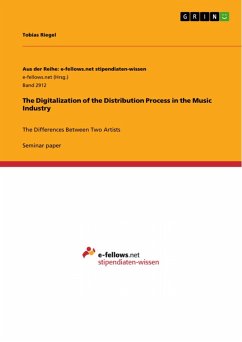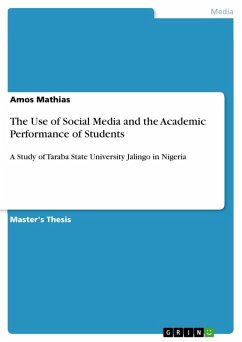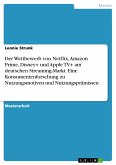Seminar paper from the year 2018 in the subject Business economics - Information Management, grade: 1,7, University of Münster (Information Systems and Information Management), language: English, abstract: Digitalization transforms organizations, professions, politics, education and even the cultural sector, for instance the music industry where this study belongs to. Digital disruption, collaboration and change have affected the music distribution process. But how exactly? And did it influence the balance of power among the actors involved? The study uses Actor-Network Theory to represent the distribution networks of two artists before and after the start of the digital age: Michael Jackson, as the most successful artist of the 80s; and Macklemore, as the first artist being No.1 without label-backing. The tracing of their socio-technical networks shows that labels controlled the distribution channels in the past, but digitalization has shifted some power from the label to the artist. It enabled him to handle the distribution process largely on his own. Due to streaming services distributing music is way more efficient nowadays and artists can reach a huge community of streaming users. Social media enables collaboration and new partnerships in the music industry, which are not restricted to an artist's familiar environment. Additionally, it is a platform for viral marketing enabling a closer relationship between artists and their fans. Overall, digitalization has broken up the enduring domination of the major labels and empowered artists to become successful without the backing of them.
Dieser Download kann aus rechtlichen Gründen nur mit Rechnungsadresse in A, B, BG, CY, CZ, D, DK, EW, E, FIN, F, GR, HR, H, IRL, I, LT, L, LR, M, NL, PL, P, R, S, SLO, SK ausgeliefert werden.









